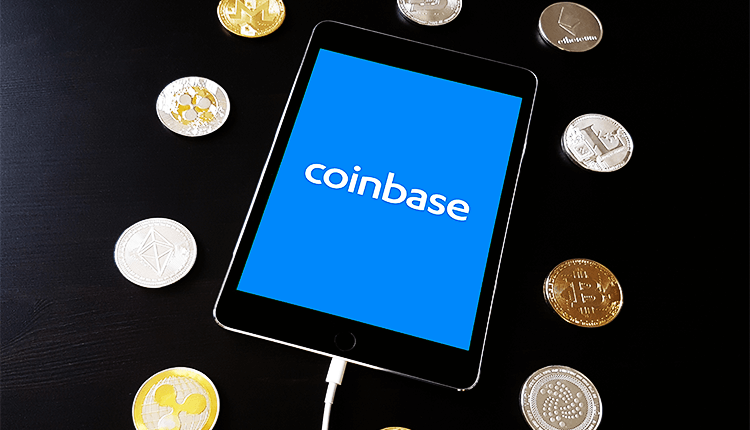
The U.S. Plans to Restrict Russia’s Access to Cryptos
Democratic U.S. senators introduced legislation on Thursday that would allow the president to sanction foreign crypto firms that do business with sanctioned Russian firms.
The Digital Asset Sanctions Compliance Act is led by Senator Elizabeth Warren and supported by ten other Democrats, including Senators Mark Warner and Jon Tester.
While the law is unlikely to become law anytime soon, it could pressure cryptocurrency exchanges. Exchanges have been in the throes of concerns from some lawmakers such as Warren. They believe that digital assets are being used via crypto exchanges to circumvent Western sanctions.
Analysts believe that Russian President Vladimir Putin and his cronies can use cryptocurrencies to transfer, store and hide their wealth. This potentially allows them to circumvent the idea of what the U.S. and its partners worldwide have implemented in response to Russia’s war against Ukraine.
Biden administration officials have said they do not believe Russia can completely use cryptocurrencies to circumvent sanctions. The city lacks liquidity in the crypto market to facilitate large transactions. Still, the Treasury Department stressed that digital asset companies must comply with the sanctions.
Warren’s bill would also let the Treasury secretary block U.S. digital asset platforms from doing business with Russian crypto users. Major crypto exchanges such as Coinbase and Kraken said they would do without a legal obligation.
The bill would also require the Treasury Department to publicly identify foreign crypto trading platforms deemed high risk of sanctions evasion and money laundering. Additionally, it will require U.S. taxpayers to list all offshore crypto-reporting transactions over $10,000.

Watchdog Sues Facebook For Authorizing Scam Crypto Ads
Watchdog, the Australian Competition and Consumer Commission, has sued Meta Platforms and Meta Platforms Ireland for engaging in false, deceptive, or misleading conduct.
The ACCC claims that ads promoting cryptocurrency investments or making money could mislead Facebook users into believing that the advertised shows are about high-profile personalities featured in the ads, such as businessman Dick Smith and T.V. presenter David Koch as well as former NSW State Premier Mike Baird.
These schemes are scams, and the characters in the ads never approve or endorse them.
The ads contained links that took Facebook users to fake media articles with quotes attributed to the public figure featured in the ad, which promoted cryptocurrency or money-making schemes. The ads encourage users sign up for scam companies. Then, scammers, who use high-pressure tactics, contact them. They make intense, repeated phone calls to persuade users to deposit funds into the fake scheme.
The ACCC’s complaint said Meta failed to prevent the publication of false advertisements even after celebrities had reported similar false, deceptive, or misleading advertisements to Meta.
The ACCC seeks unspecified explanations, penalties, fees, and other injunctions.
Coinbase Faces Lawsuit For Selling Crypto Assets Without Permission
Three Coinbase users are trying to sue the company for crypto tokens listed on more than 79 platforms. They could be considered securities, so the sale could be deemed illegal under the lawsuit.
Last week, Christopher Underwood, Luis Oberlander, and Henry Rodriguez filed a class-action lawsuit in the District Court. They claim that anyone who purchases these assets should be compensated for trade losses totaling $5 million.
The list of cryptocurrencies is long and includes Polkadot (DOT), Dogecoin (DOGE), Chainlink (LINK), Solana (SOL), and Ripple (XRP).
The plaintiffs claim that Coinbase should register with the U.S. Securities and Exchange Commission (SEC) as a national stock exchange. However, this will require significant regulatory and reporting obligations that typically apply to exchanges.
Additionally, the SEC has delayed regulating and classifying crypto assets. Meanwhile, the U.S. government is still a long way from providing a similar regulatory framework.
The lawsuit is unlikely to go to court or even beyond the original filing. Similar suits were previously few in number.
Last year, the federal court in New York had voluntarily dismissed five planned class-action lawsuits against crypto companies.

Russia’s Central Bank Grants Digital Asset License To Sberbank
Less than two weeks after the Central Bank of Russia (CBR) reiterated its stance and proposed a ban on issuing, mining, and circulation of cryptocurrencies in Russia, it reassessed its policy. On Thursday, CBR added the country’s largest bank, Sberbank, to its digital financial asset information system operators register.
Sberbank’s blockchain platform is based on distributed ledger technology, theoretically preventing information manipulation. Sberbank’s legal entities will soon be able to issue digital financial statements to prove monetary claims, purchase digital assets distributed in the Sberbank system, and conduct crypto transactions.
A state-owned bank, Sberbank has been the subject of the U.S. Treasury sanctions since the Russian-Ukrainian war. Due to E.U. sanctions, Sberbank withdrew from almost all European markets earlier this month. Meanwhile, its overseas depositary shares on the London Stock Exchange have fallen more than 99% and were suspended from trading, last quoted at $0.05 per share.
The devastating sanctions imposed on Sberbank and the CBR’s apparent U-turn on cryptocurrencies have led to speculation that digital currencies could provide a “lifeline” for struggling banks. However, experts do not believe that sanctioned financial institutions can use cryptocurrencies to evade sanctions.
-
Support
-
Platform
-
Spread
-
Trading Instrument





